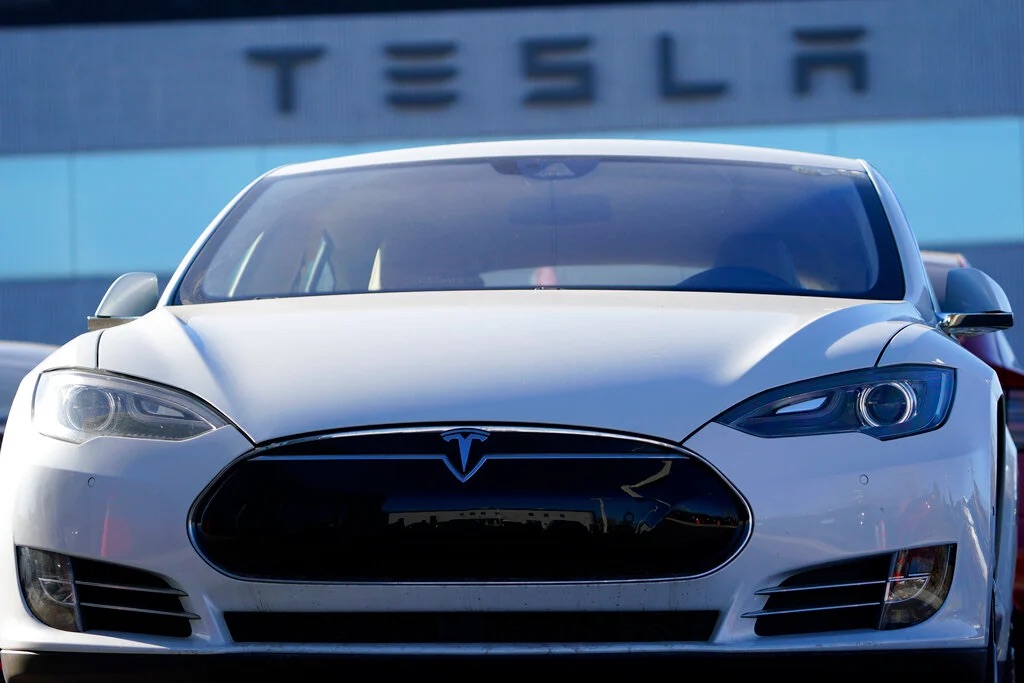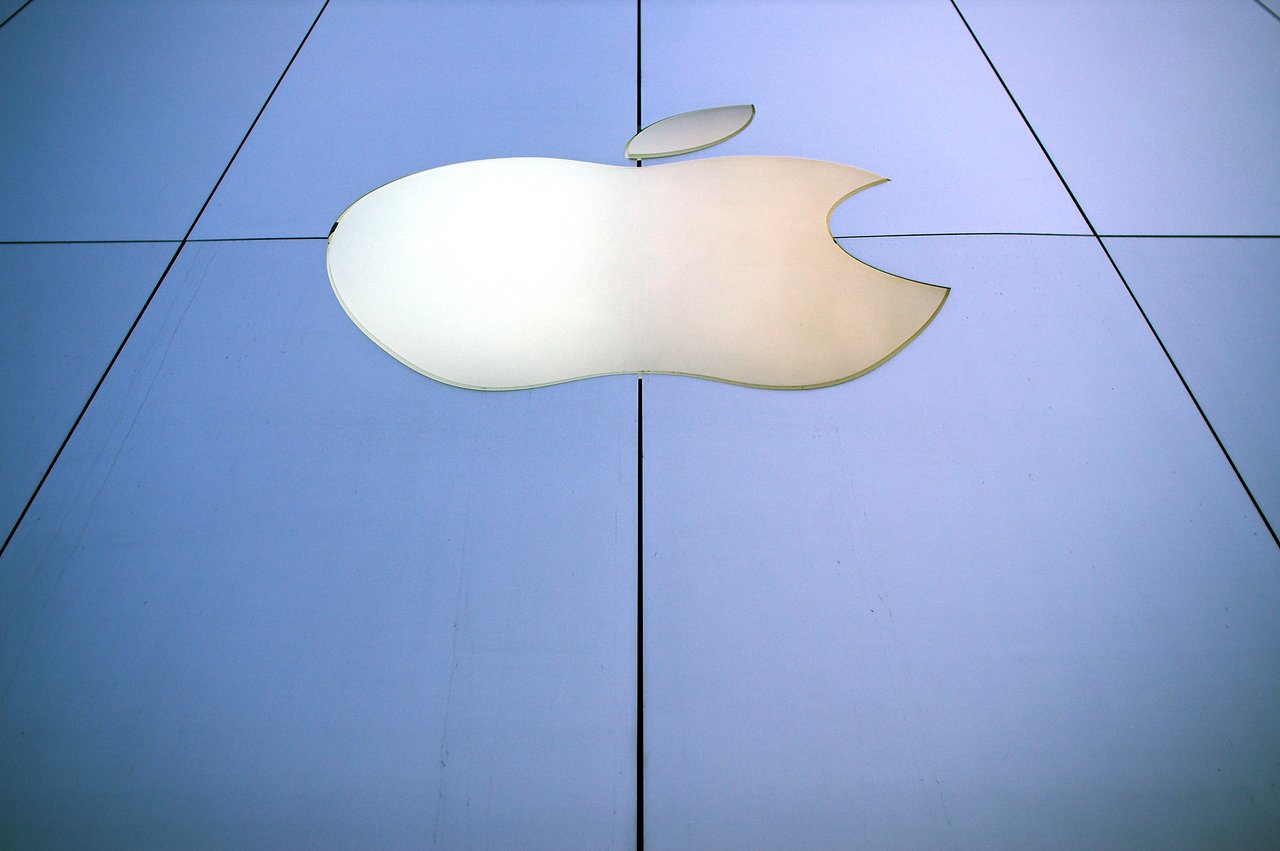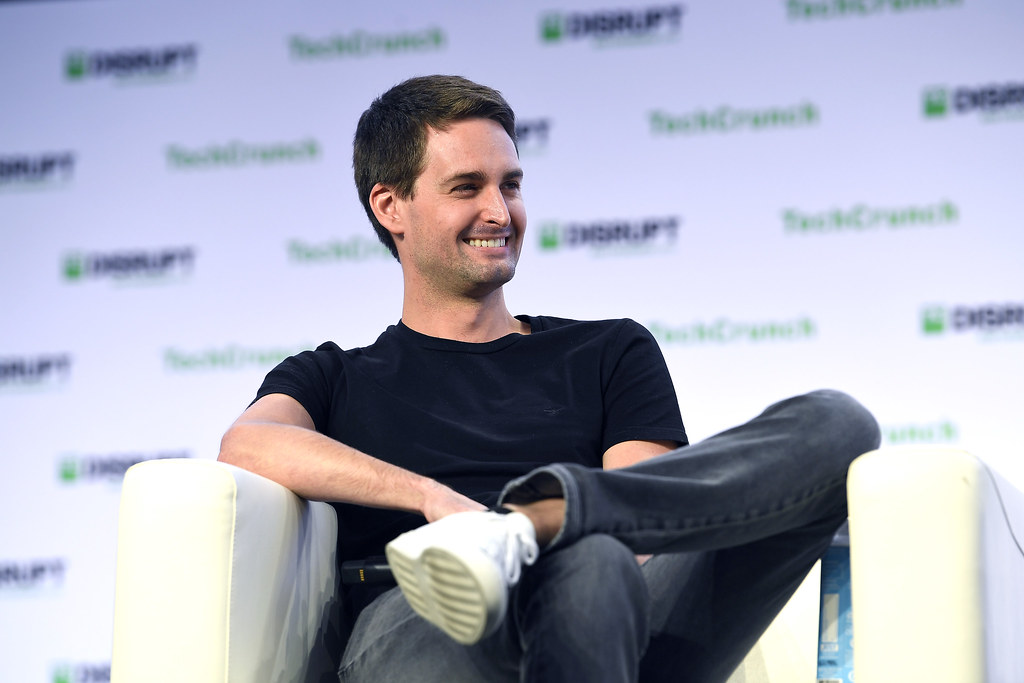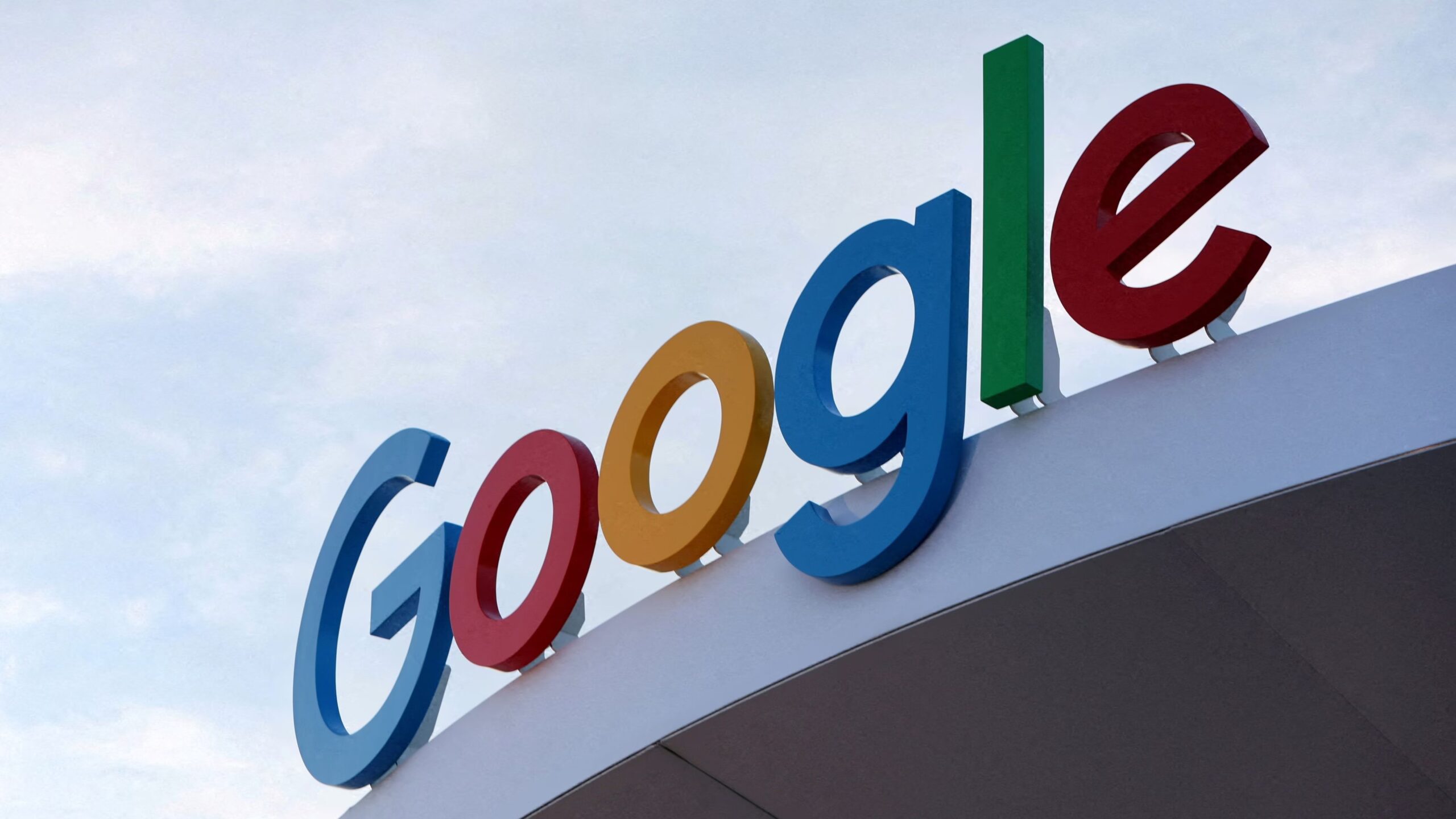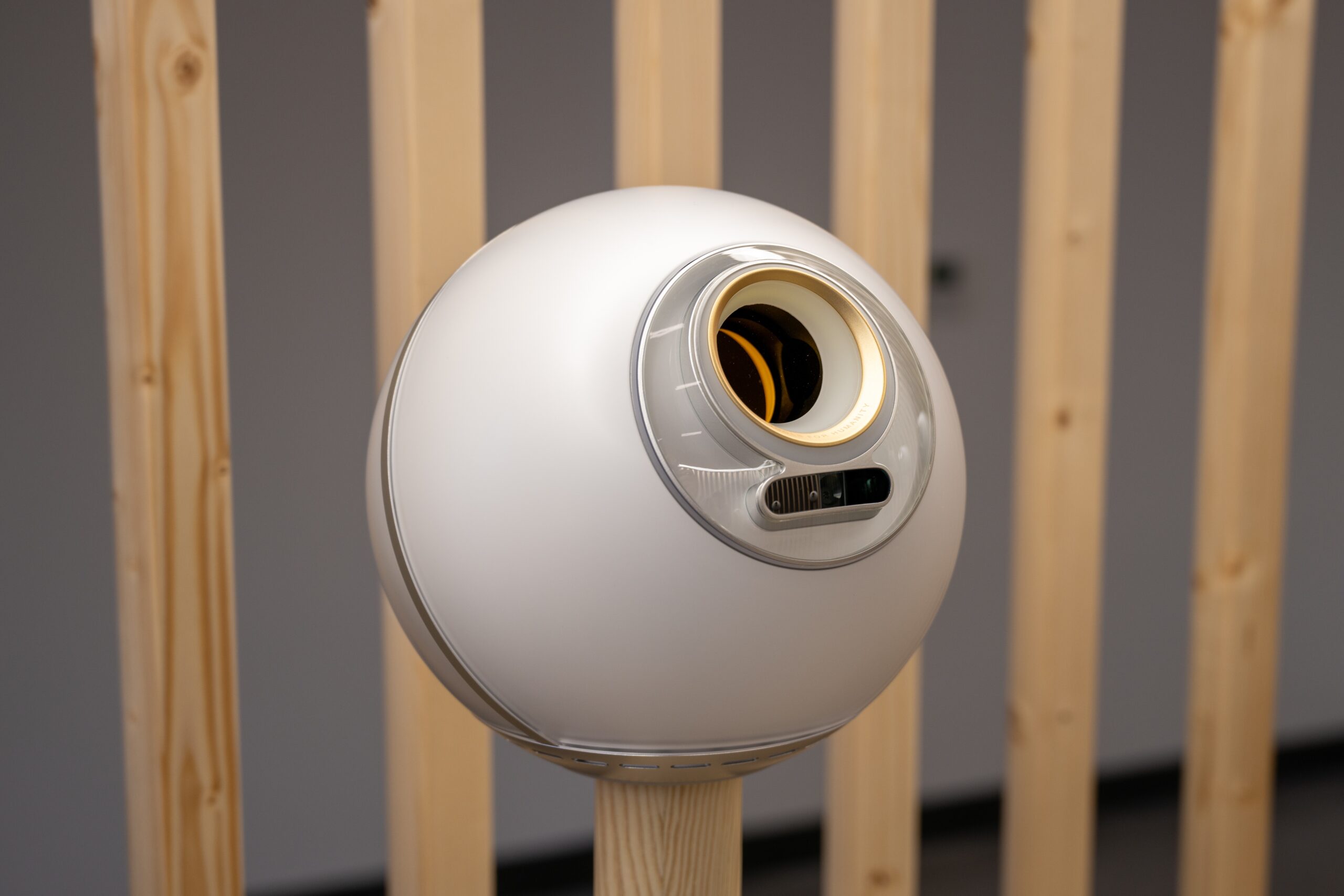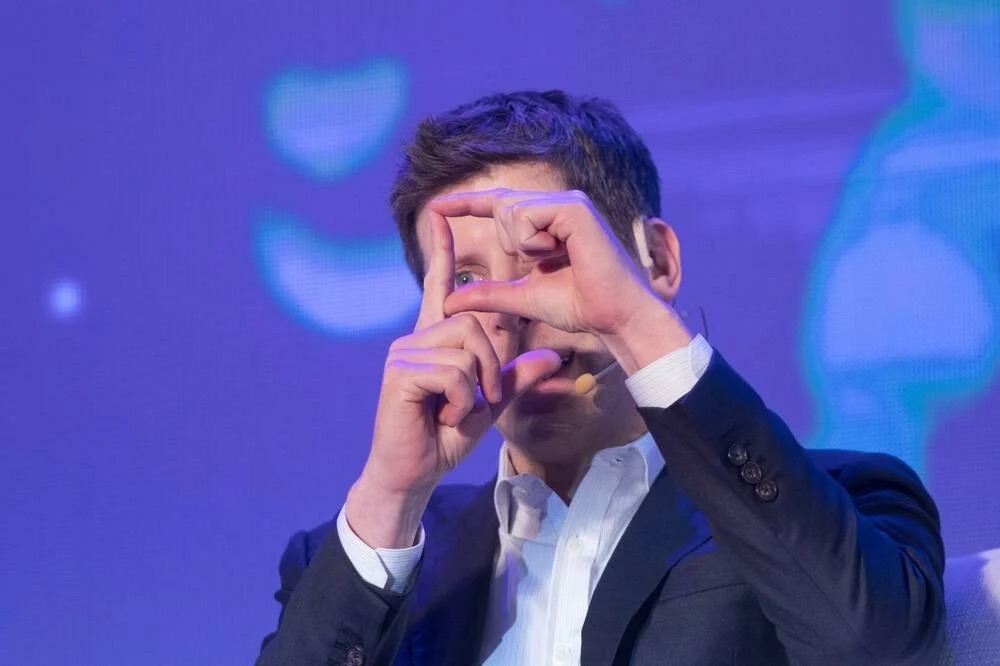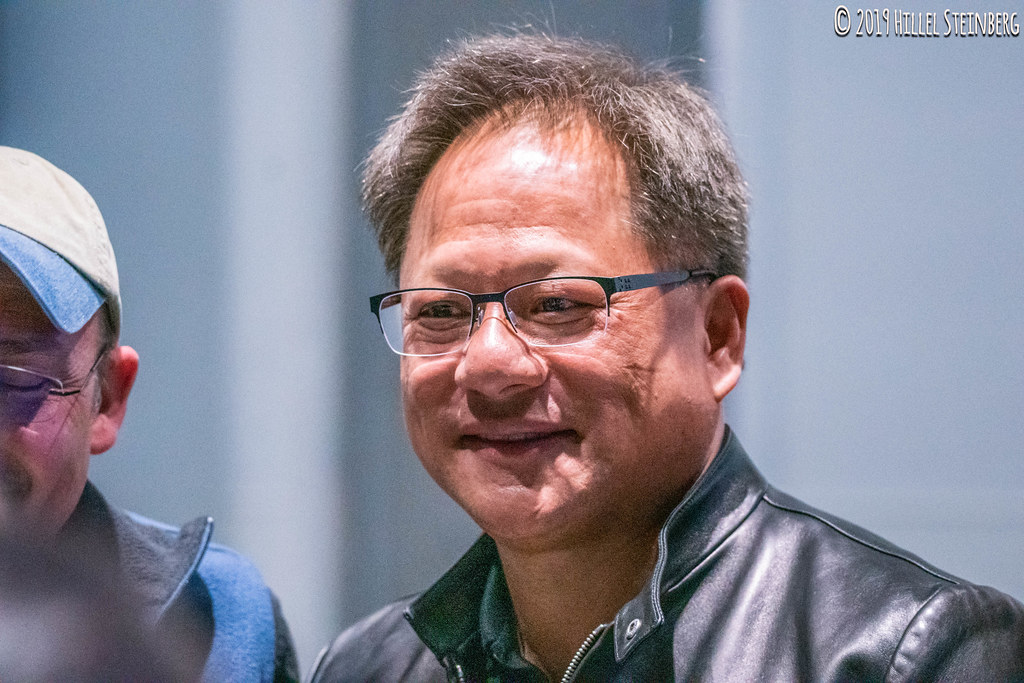World, the biometric identity verification project co-founded by OpenAI CEO Sam Altman, is set to launch in the U.K. this week. The service uses a spherical eye-scanning device called the Orb to capture detailed images of people’s eyes. Starting Thursday, the device will be available in London, with plans to expand to Manchester, Birmingham, Cardiff, Belfast, and Glasgow in the coming months.
The project aims to authenticate individuals by scanning their face and iris, then creating a unique code—known as an iris code—to verify the person as human, not AI. This system is designed to prevent fraudulent abuse of artificial intelligence technologies like deep fakes.
How World’s Verification Works
Once verified, users receive some of World’s cryptocurrency, WLD, and gain access to an anonymous digital identifier called World ID. This ID lets users sign into platforms such as Minecraft, Reddit, and Discord without revealing personal details.
Adrian Ludwig, chief architect at Tools for Humanity, a key contributor to World, explained that demand is growing from enterprises and governments concerned about AI-driven fraud across sectors like banking and online gaming. “This is no longer theoretical,” Ludwig said. “It’s affecting people daily.” The project is transitioning “from a science project to a real network.”
World recently expanded to the U.S., opening six flagship retail locations including Austin, Atlanta, Los Angeles, Nashville, Miami, and San Francisco. Ludwig noted plans to increase verified users by an order of magnitude in the coming months.
Addressing Privacy and Security Concerns
Since its launch as “Worldcoin” in 2021, World has faced privacy concerns. The company responds by encrypting biometric data and deleting the original images after processing. World’s verification relies on a decentralized network of users’ smartphones to perform identity checks, rather than storing data in the cloud. This local processing enhances privacy but becomes more challenging at the scale of billions of users, like those on platforms such as Facebook or TikTok. Currently, World has 13 million verified users and aims to scale significantly.
Ludwig argues that World’s decentralized approach is scalable because computation and storage happen on users’ devices, with only the uniqueness verification handled by third parties.
Ludwig highlighted how AI is making it easier to bypass traditional authentication methods like facial recognition and CAPTCHA, increasing the need for more reliable identity verification. Governments are increasingly exploring digital ID systems to replace physical cards, but many initiatives have struggled with security and equity. India’s Aadhaar system, for example, has faced criticism for security weaknesses and potential social inequalities.
Governments want mechanisms to reduce fraud and improve identity infrastructure, Ludwig said. World has been engaging regulators, including the UK’s Information Commissioner’s Office, to ensure privacy and security concerns are addressed. “We’ve been able to answer all regulatory questions so far,” Ludwig added.
Author’s Opinion
World’s ambitious biometric system could revolutionize how people prove their identity in an increasingly digital world. By focusing on privacy through decentralized verification and anonymous login, it addresses some of the biggest concerns with digital IDs today. However, widespread adoption depends on gaining trust, managing ethical questions, and navigating complex regulations. If World can balance innovation with responsibility, it may set a new standard for secure, privacy-conscious identity verification.


